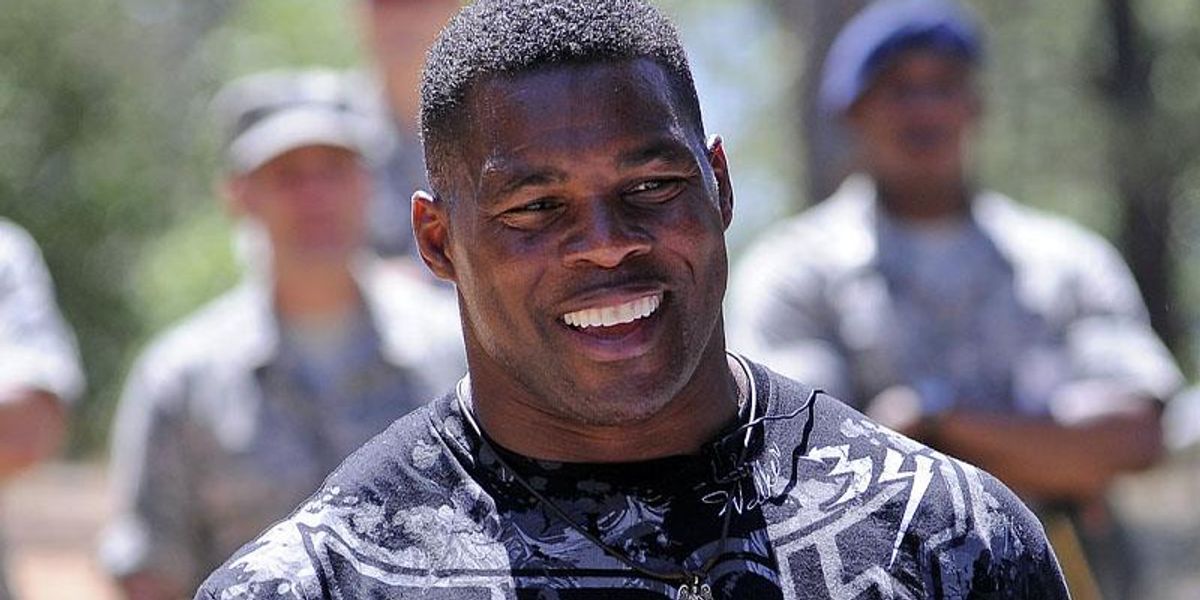
Why Herschel Walker just can’t stop.
SlateIn late February 1983, martial arts instructor Lawrence Huff answered the phone at his studio in Athens, Georgia. “I didn’t dream of being a football player or an actor or anything like that,” Walker wrote in his autobiography, Breaking Free: My Life With Dissociative Identity Disorder. In November 1981, near the end of Walker’s sophomore season, Henry Leifermann wrote a profile of Walker that was surprisingly skeptical for sports journalism: “It is also said he is not the quiet, reasonable, hard-working young man he presents himself to be, but a teen-age, black Svengali coolly calculating plans for fame and fortune ever since high school.” His on-field accomplishments were enough to make him stand out. “For a lot of my life, I’ve felt like an alien, and tried to put a great distance between other people and me,” Walker wrote. “I felt like I was losing control, spiraling downward, acting out in ways I’d never thought possible,” Walker wrote.
Discover Related



